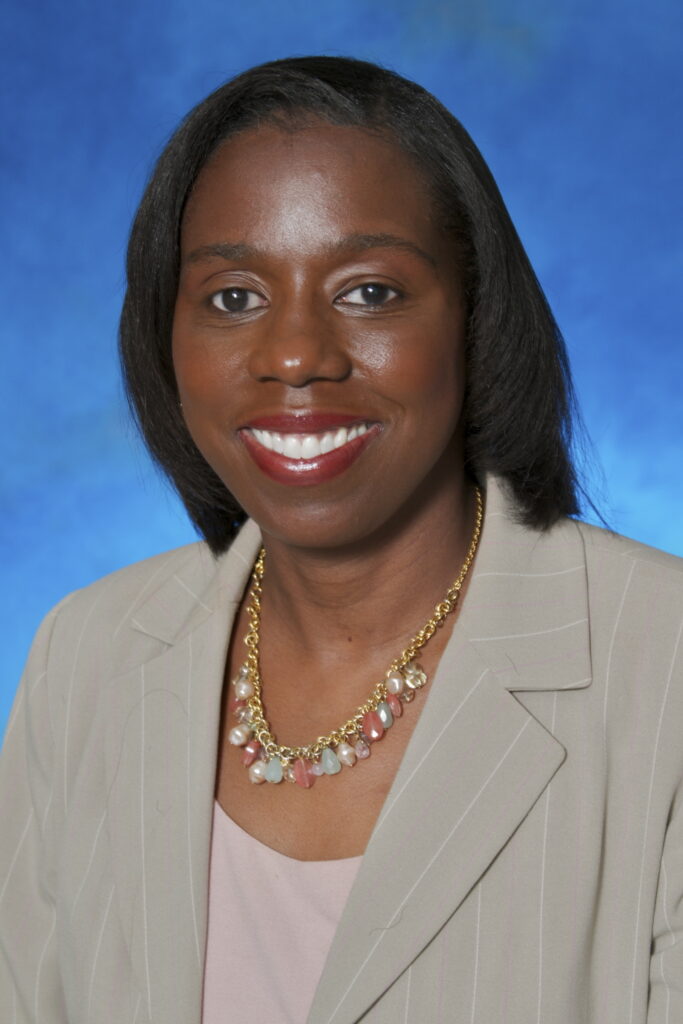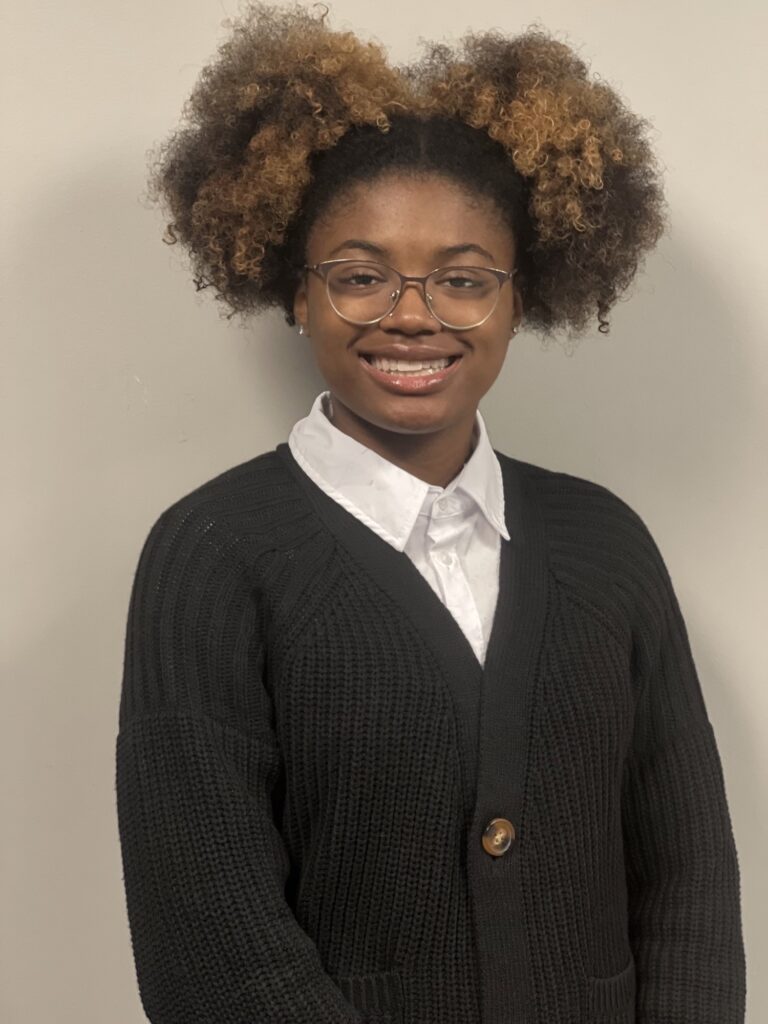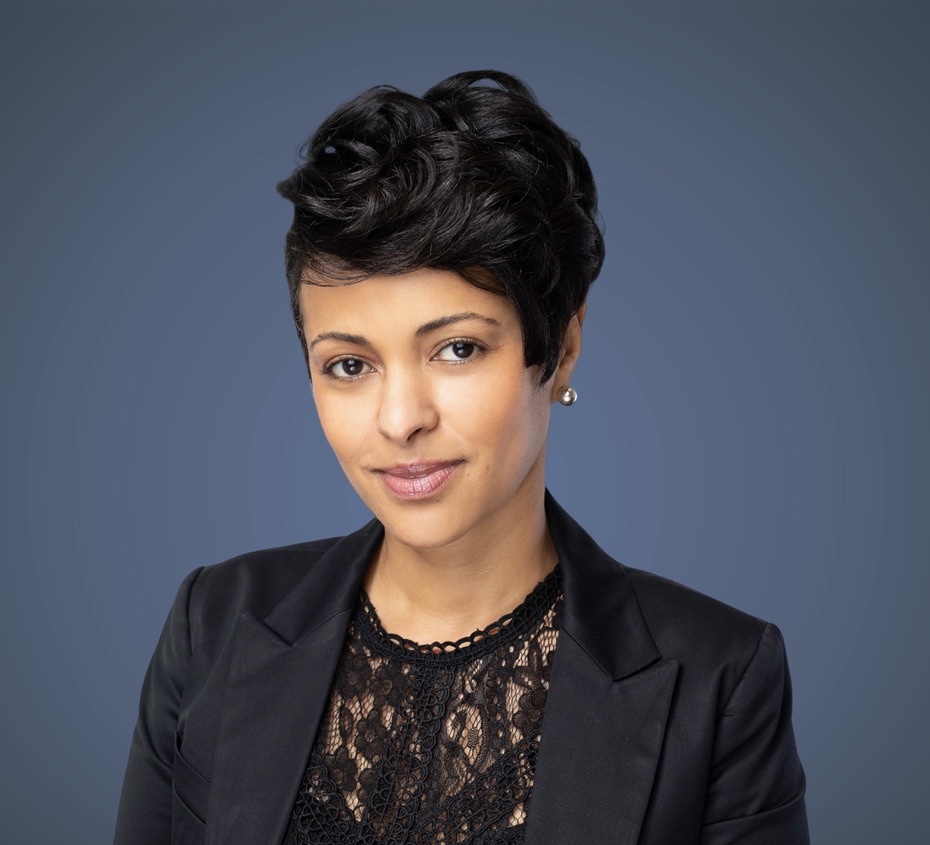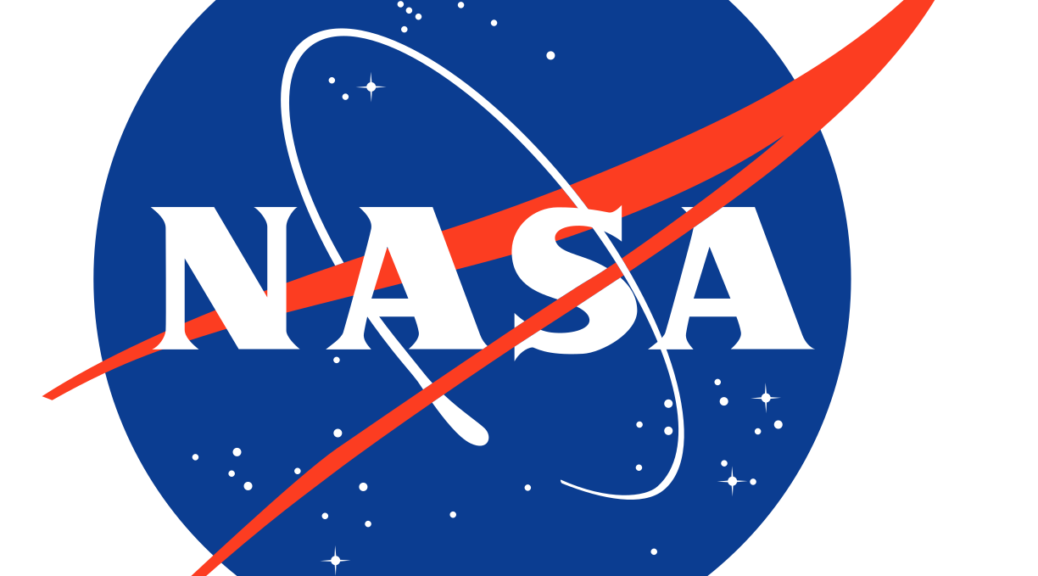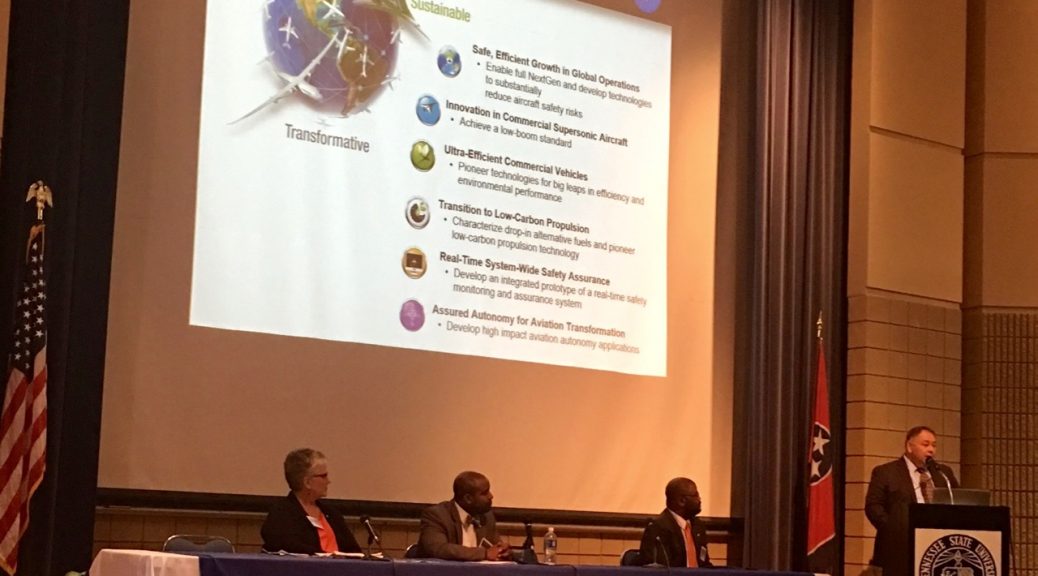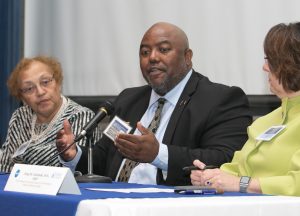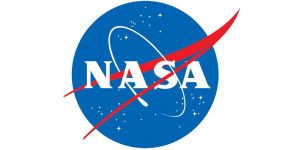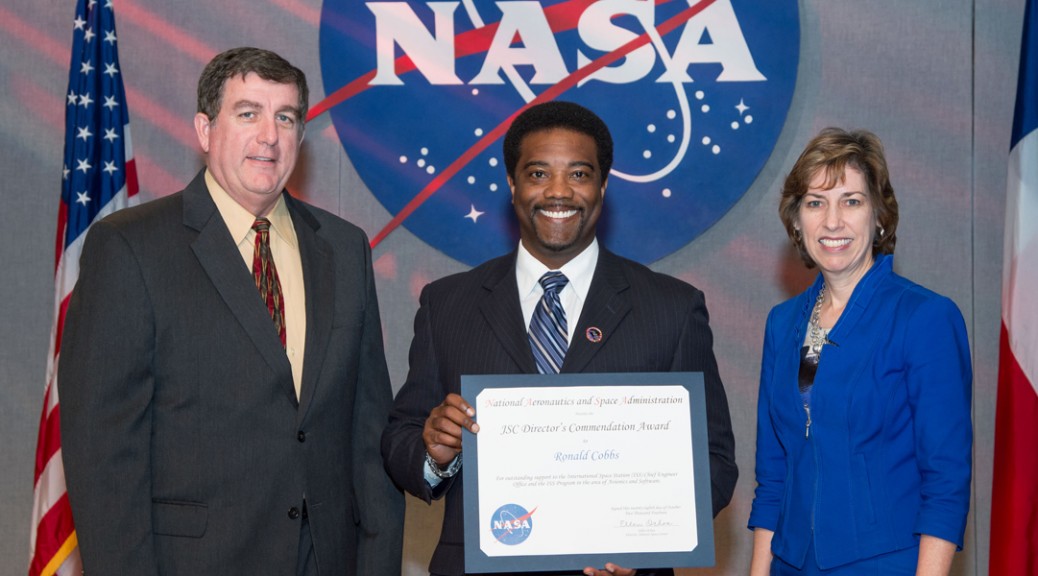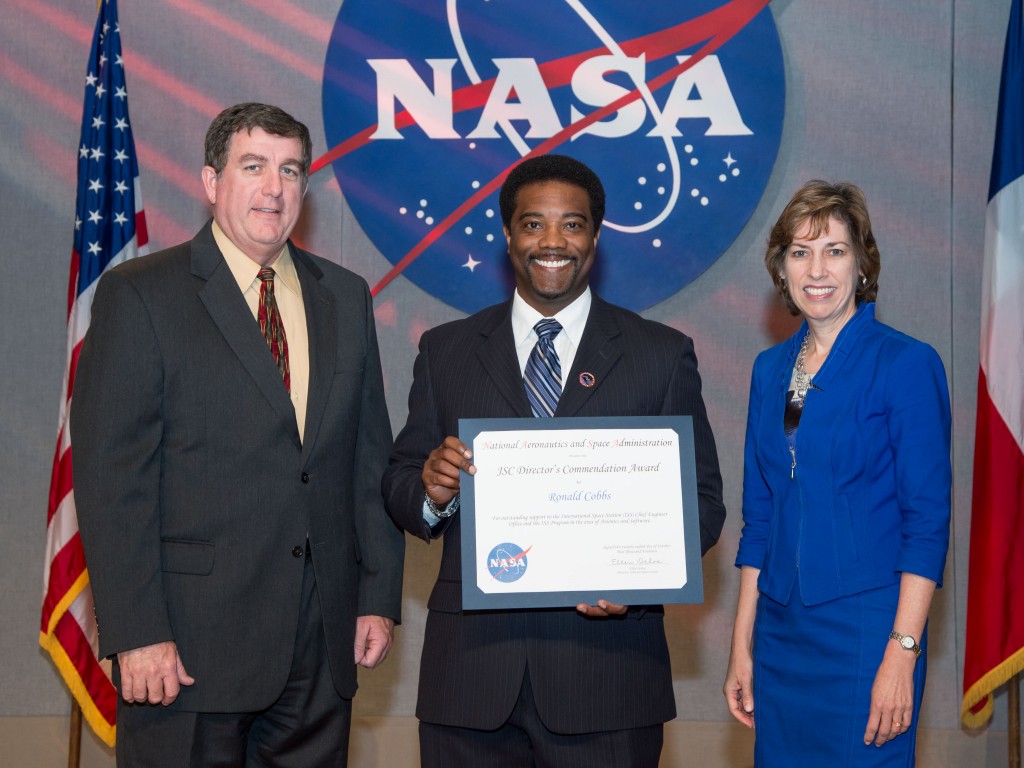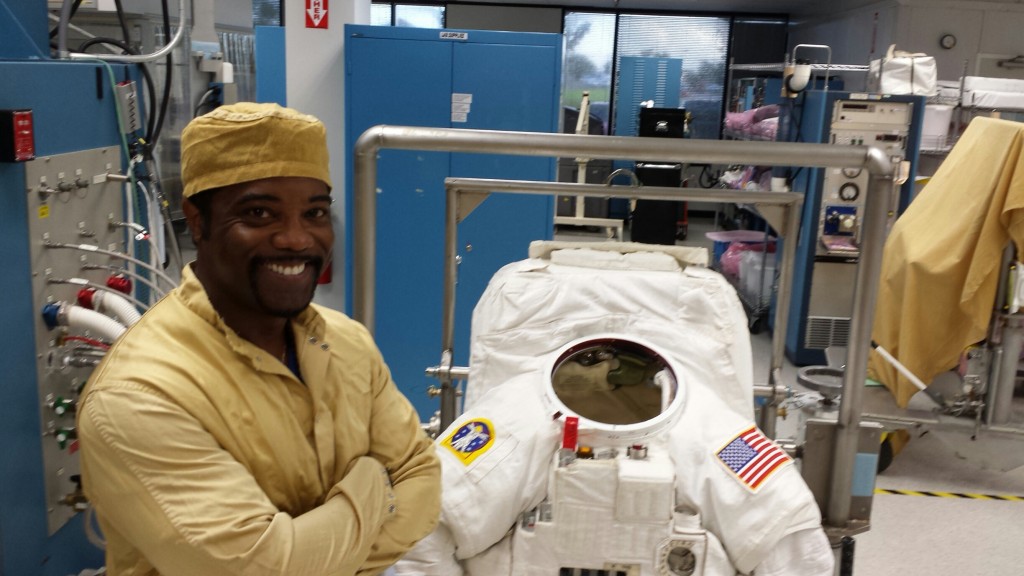NASHVILLE, Tenn. (TSU News Service) – Some of the next generation of NASA astronauts, scientists and engineers may just have their beginning at Tennessee State University. TSU and the federal agency are expanding an existing STEM education program to include high school students in Middle Tennessee. The new initiative is funded with a $480,000 NASA grant over a period of three years.
“We are moving into Middle Tennessee to work with high schools,” says Dr. Trinetia Respress, principal investigator of the MUREP Aerospace Academy at TSU.
“The goals of our project are to inspire, engage and educate students and their families about the infinite possibilities in STEM degrees and careers. Basically, we want to provide them with STEM education that will support them in their pursuit of STEM degrees prior to entering college.”
Under MUREP or the Minority University Research and Education Program, the NASA-funded initiative had served only K-8 students, teaching them to design, build, and program robots, as well as learn simple mechanics, sensor functionality, and automation. With the new funding, TSU’s College of Education will target grades 9-12 students in Middle Tennessee. The goal is to get students interested in STEM careers when they enter college.
Dr. Janet Finch, interim dean of the College of Education, says she is thankful to NASA for expanding the MUREP program to the high school level.
“Given the successes that have already been achieved with grades K-8th, we look forward to including high school students in our STEM efforts,” says Finch.
TSU students from different disciplines, specifically the STEM area, will be recruited to participate in the program as mentors to the high school students. Londee Boyd will be one of them. The Memphis native is pursuing her doctorate in educational leadership, with a focus on PreK-12.
“As a teacher at heart, I have enjoyed partnering with the project to encourage, educate and equip our youth with dynamic learning experiences immersed in STEM,” says Boyd. “With the growing demand for STEM-related careers, it is vital to have accessible programs, like the MUREP project, lead the charge in preparing our youth to become future leaders.”
Cayla Jeff, a senior biology major from Cleveland, will also mentor the high school students.
“I have enjoyed working with the MUREP project over the last four years. I am very excited to continue moving forward to interact with more students and grow even bigger as a team. I cannot wait to inspire our youth and show them they have so many options to be successful in the future.”
Dr. Jennifer Berry, MNPS’ director of STEAM and Science, says that the new NASA program under the university’s MUREP Aerospace Academy will help enhance Metro schools’ STEM initiatives.
“This program will benefit our students as they will have an opportunity to engage with professionals in STEM with innovative STEM activities that will pique their interest in STEM degree and careers,” says Berry.
Respress, who is also professor of educational leadership in the College of Education, says TSU will recruit 100 high school students from MNPS and the surrounding Middle Tennessee areas for the program.
“We have had a long collaboration with MNPS, but it has been with students in grades K-8, so we are excited to continue our partnership with MNPS by moving into high schools,” says Respress.
Dr. Kisha C. Bryan, professor in the College of Education, is one of the co-principal investigators of the new interdisciplinary NASA project.
“I’m excited about the opportunity to expose Nashville’s diverse high schoolers to a culturally responsive STEM curriculum,” says Bryan. “It is my hope that this community-based, cross-college partnership results in a more racially diverse population of high school students pursuing STEM education degrees. “
Other co-PIs are Dr. Ranganathan Parthasarathy, assistant professor in the College of Engineering, and Dr. Owen Johnson, professor in the College of Health Sciences. Sosiak Makonnen, program manager in the College of Education, is responsible for the overall implementation of the new program.
The program will start January of 2023. For more information, contact Dr. Trinetia Respress at [email protected] or Ms. Sosiak Makonnen at [email protected].

